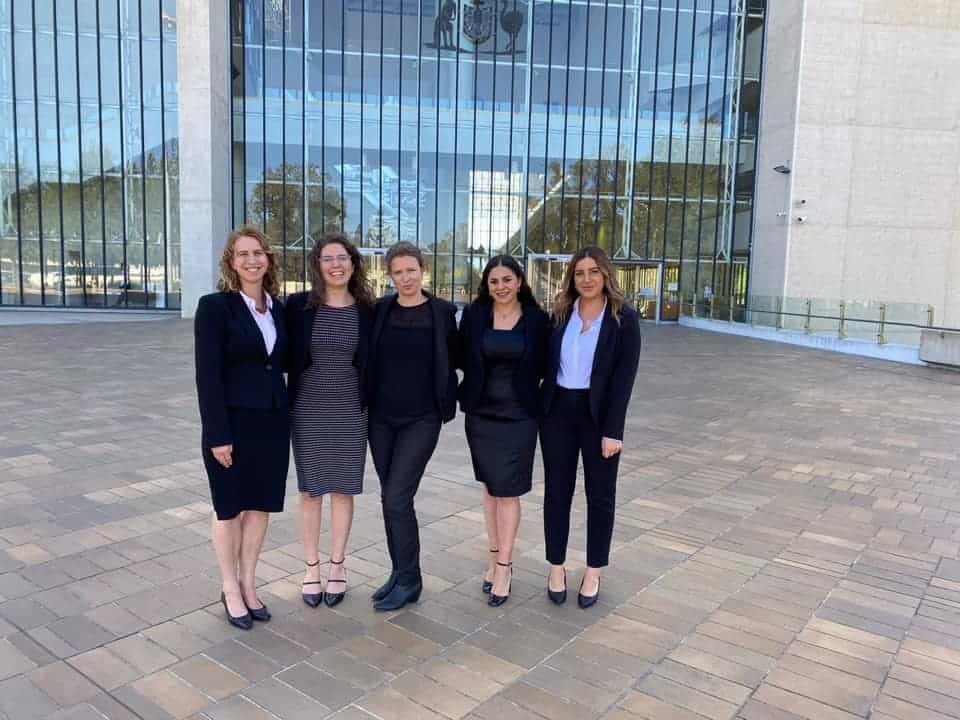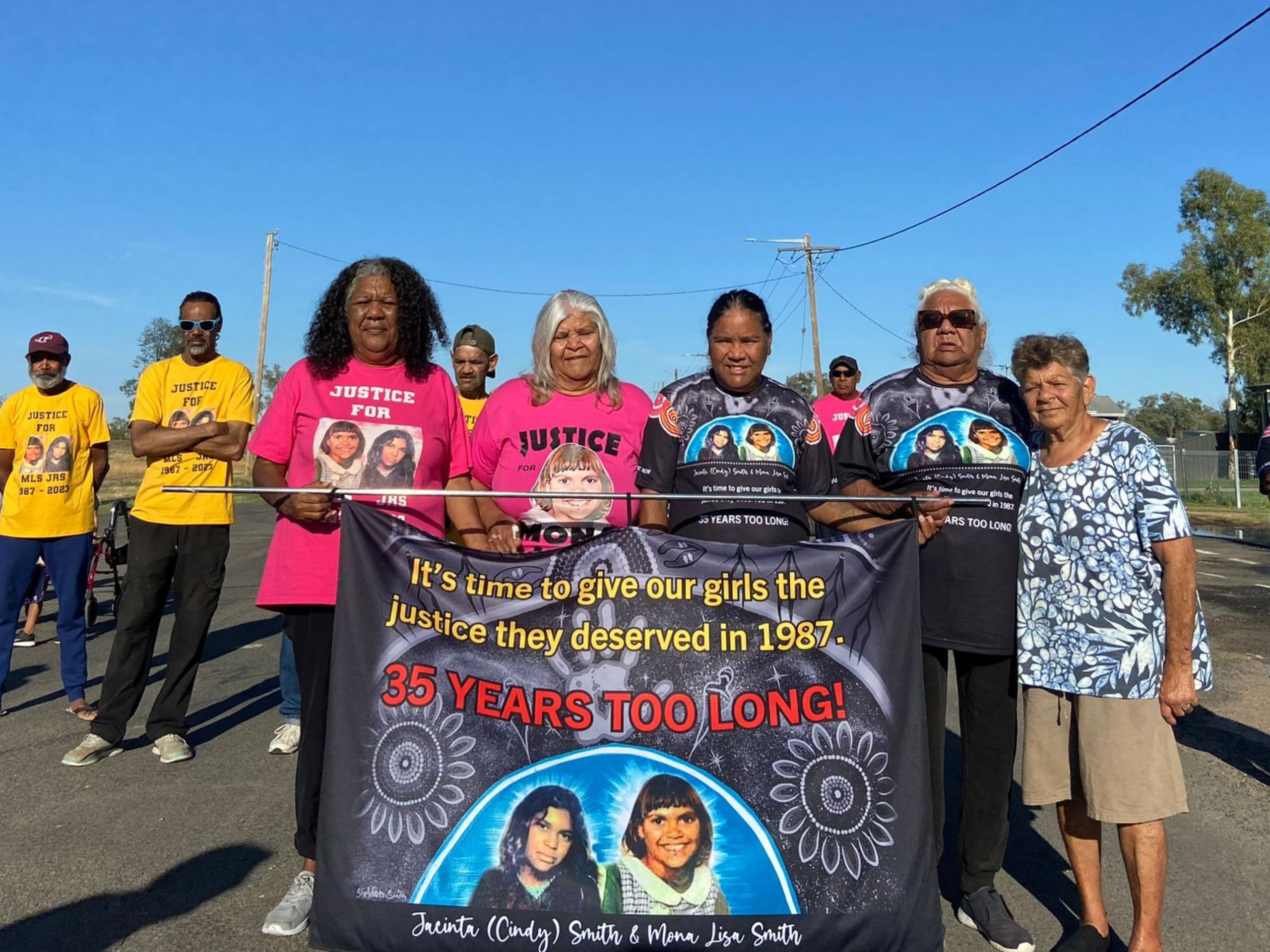Case Name:
Case Summary:
In response to the litigation of medical duty of care cases sought on behalf of several refugees, the Minister for Home Affairs had sought to restrict certain cases from being heard in the Federal Court of Australia and in other courts due to a bar on proceedings.
The Migration Act reflects a constitutional power of Parliament to define the jurisdiction of any federal court other than the High Court. The Commonwealth sought to use this provision to limit liability for prosecution against the government and bar them from review by affected individuals.
The Facts:
Although the matter concerned jurisdiction and not the duty of care, the earlier claims brought on behalf of the refugees from Nauru concerned several medical matters that purported to breach responsibilities to people in off-shore detention. These claims from 2018 and 2019 came from several appellants and included damages and injunctions from FRM17, BDX18, DLZ18 and DIZ18 for tortious claims relevant to the Minister’s duty of care and obligations under the Migration Act.
In 2020, the Government began appeal proceedings against the refugees and their advocates in an attempt to stop those cases being brought against them in that level of court and instead have them ceased or brought to the High Court, whose jurisdiction originates from the Constitution and cannot be affected by the Migration Act.
Due to powers established in s 77(i) and (ii) of the Constitution, Parliament has the ability to use legislation to manage the jurisdiction and powers of lower federal and state courts. The High Court also has original jurisdiction for any matters involving treaties, consuls or representatives, between States, claims with certain remedies and for actions involving the Commonwealth.
Sections within the Migration Act, specifically s 494AB, was relied upon by the Commonwealth to attempt to prove a jurisdictional error and to prevent further matters from being heard in the court. The provision creates a bar to some avenues of proceedings but was taken into investigation by the High Court. If proven to be a complete bar, further action against the government would have been prevented except via the High Court.
The Legal Issues:
The initial case was litigation on behalf of several migrants who were in Nauru seeking remedies for the Commonwealth’s alleged failure to provide a duty of care for adequate medical care whilst in immigration detention. The Commonwealth argued the Federal Court did not have proper jurisdiction on the case due to clauses in the Migration Act. The Commonwealth sought to bar proceedings against them on certain immigration matters that would otherwise be under High Court jurisdiction because of a constitutional provision.

Above: Our legal team went to the High Court in March 2020 to fight the government’s appeal. (L-R) Naomi Lai, Emma Hearne, Anna Talbot, Elika Chaparian, Deema Dermelkonian.
Refugees and migrants are considered “transitory persons” for the purposes of the Migration Act and s 494AB establishes a general bar against some legal proceedings including the process of bringing any transitory person to Australia. As stated in s 494AB(3), there are no existing clashes between this provision and any High Court jurisdictional powers from s 75 of the Constitution. The High Court investigated the challenge of jurisdiction and the interpretation of the Migration Act by examining the intent and key principles of the legislation.
In deploying the provision of the Migration Act, it called into question the status of the Minister as a model litigant in the ongoing cases brought by the migrant parties. The case by the Commonwealth has detracted from the other cases examining the potential duty of care breached by the actions of the Commonwealth in immigration detention.
Whilst it was not the key issue of the case, the overarching theme of access to justice for migrants and refugees is still highlighted as a key legal issue. In order to prevent the cases from being heard in the Federal Court, it must be proved that s 494AB constitutes a direct bar to the issues being heard in any jurisdiction other than the High Court.
What Was Held:
The High Court held that s 494AB did not impose a jurisdictional limit on any court and could not be read as a restrictive clause into the interpretation of the provision in the Migration Act. As the provision does not affect High Court originating jurisdiction, the wording of s 494AB gives no further indication to any restriction of court as read by statutory interpretation. Justices Bell, Gageler, Keane, Gordon and Chief Justice Kiefel reflected on this as intending to be “a bar to a remedy, rather than a limitation on jurisdiction”.
Whilst they acknowledged the provision could limit such cases due to the general bar on proceedings, jurisdiction would not actively prevent any claims from being bought against the Commonwealth. The Justices also argued that limiting such cases would “avoid[s] diverting the High Court away from its central work”.
In holding the barring provision as one of remedial bar and not the inability to bring an action, the High Court has kept open an avenue for judicial review into the treatment of migrants and refugees who already struggle to get a foothold into the legal system. Further applications of this ruling could see more proceedings launched on the liability of government under the Migration Act without having to go through the High Court.
In the media:
- Dutton defeated in High Court by refugees, National Justice Project
- High court rejects Peter Dutton’s attempt to stop asylum seekers suing government for neglect, The Guardian
- High Court frees up legal avenues for asylum seekers, Crikey
- Lawyers claim win in detention ruling, AAP
- Lawyers for refugees claim partial victory over Peter Dutton in offshore detention High Court Case, SBS
Author: Tully Maurer (Macquarie University Social Justice Clinic)









